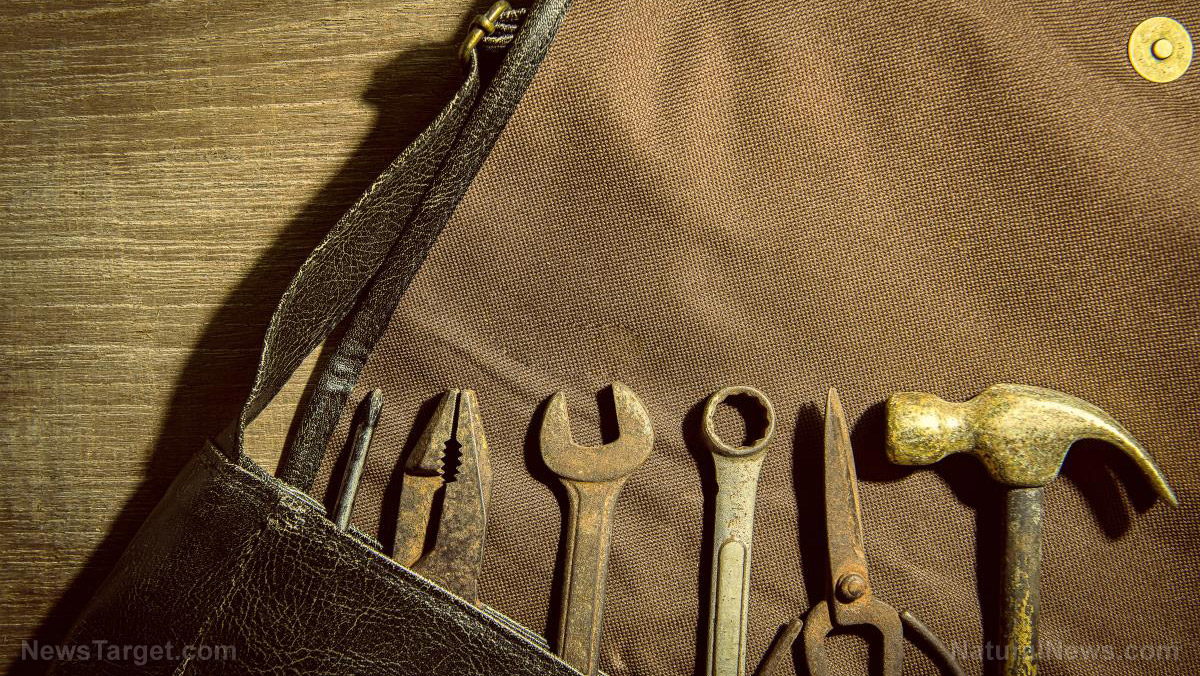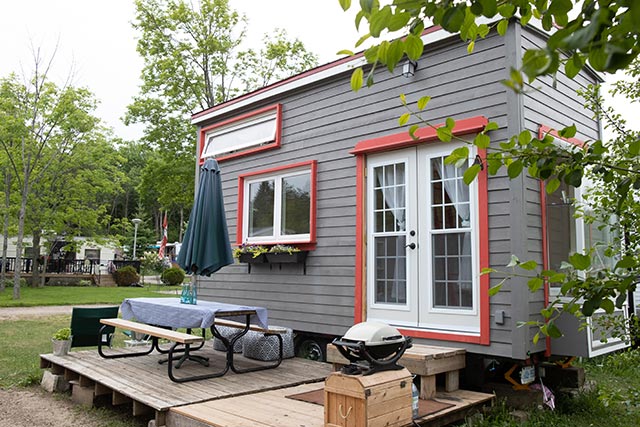
Preppers know that it's important to secure your survival stockpile and fortify your home before SHTF. But you may be forgetting something important, like having several spare parts for your tools and equipment. (h/t to SurvivalBlog.com)
Take a look at your preps. Do you have the extra parts that you'll need if your generator or chainsaw needs to be repaired? If the answer is no, look for spare parts now. Don't wait until a long-term disaster scenario takes place and that option is no longer available.
Having access to survival supplies can help you weather a disaster, but don't risk your safety by not knowing how to repair your equipment or not having the parts you need for emergency repairs around your home.
Your tools make various tasks easier to do, from preparing food to ensuring your safety and even mounting a defense, so make sure that you have all the parts and miscellaneous pieces that you may need to repair your tools if they break down.
Determining which spare parts you need to stock up on
People who have been prepping for a long time may have already amassed a lot of gear and equipment. To determine which items and parts you need to add to your stockpile, consider different survival scenarios.
Start with your food supply. If you have grain in your stockpile, what tool are you going to use to process it? If you have an electric grain mill, learn how to repair it by yourself. Make sure you have a hand-operated mill in your stockpile, just in case you have to process grain during a long-term power outage.
Do the same thing with your electric can opener. Take care of it so it keeps working for a long time, and set aside a manual can opener (or two). (Related: Start collecting these items that practical preppers always keep around the house.)
Review the maintenance manuals for your appliances and gather the parts that you may need for repairs. Important equipment that may need spare parts include:
- Bicycles, wagons, etc.
- Car parts
- Chainsaws
- Firearms
- Food processing systems
- Furnace (home heating)
- Home water filter systems
- Plumbing system (e.g., fittings, spare pipes, etc.)
- Solar power systems
- Weapons
- Well pumps
The more complex an appliance or tool is, the more parts it will need before it can be repaired completely.
“Two is one and one is none.”
This mantra suggests that it's better to have two of something so you have a backup in case your tool or gear is lost or becomes unusable. The same thing applies to spare parts.
With duplicates, you can replace parts that get lost or broken. Get spare parts for items that you will use frequently, like a chainsaw, firearm, or a fuel lantern.
If you have spare parts, you won't have to worry about not being able to use your equipment if the manufacturer suddenly stops making your preferred model. Alternatively, spare parts can be used for bartering when SHTF.
Stock up on other supplies that seem common now but will become valuable when SHTF, like various screws and nails. You'll need these items to repair or repurpose items in a post-SHTF world. Whenever you use items from your stores, replace them with doubles.
Where to find spare parts and supplies
To save money on spare parts for your stockpile, wait for deals or promos at auctions, estate sales, and store clearance sections. Buy second-hand items at flea markets and garage sales to acquire cheap spare parts for some of your equipment.
Even damaged items can still be used. If you own a brand new fuel lantern, look for old or damaged lanterns of the same brand and model at garage sales. You can then proceed to strip the old lanterns for spare parts for your new lantern.
Before SHTF, stock up on essential survival supplies and spare parts for your tools and equipment so you have backups for your backups.
Sources include:
Please contact us for more information.




















